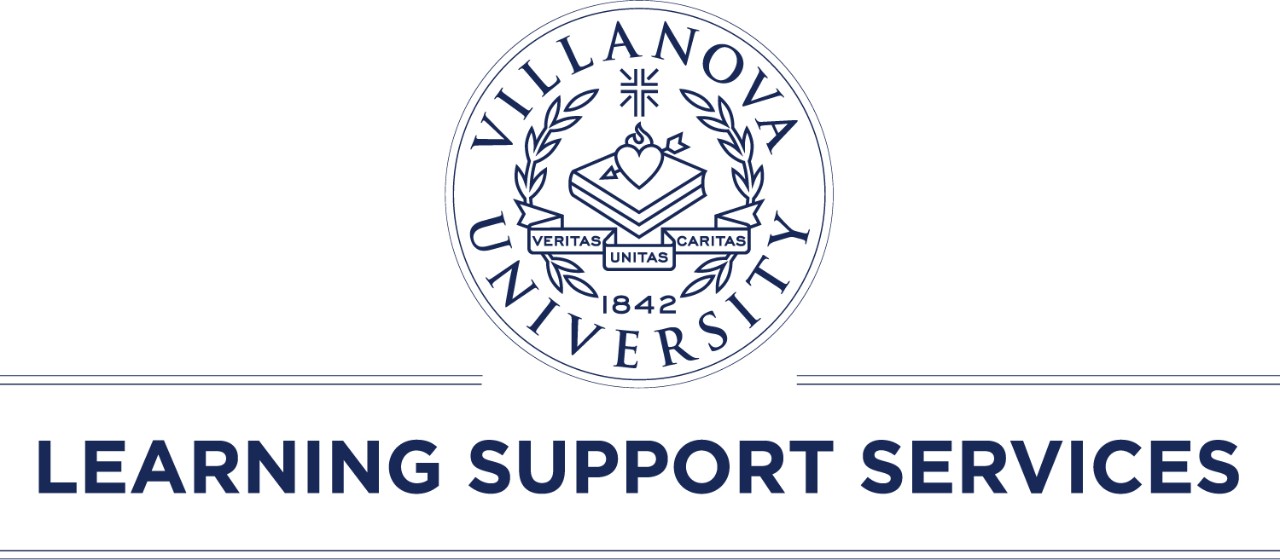All faculty members should announce on the first day of class the desire to speak confidentially with any student with special needs as soon as possible, and course syllabi should include a statement about students with disabilities. Please use the following syllabus statement:
Office of Disability Services and Learning Support Services:
It is the policy of Villanova to make reasonable academic accommodations for qualified individuals with disabilities. All students who need accommodations should go to Clockwork (Student Login) via myNOVA to complete the Online Intake or to send accommodation letters to professors. Go to the LSS website http://learningsupportservices.villanova.edu or the ODS website https://www1.villanova.edu/university/student-life/ods.html for registration guidelines and instructions. If you have any questions please contact LSS at learning.support.services@villanova.edu or 610-519-5176, or ODS at ods@villanova.edu or 610-519-3209.
An announcement of this type will help preserve the student’s privacy, demonstrate your willingness to provide assistance, and encourage an early identification for accommodations. When a student with a disability does request an accommodation, please feel free to consult with the Office of Learning Support Services for assistance in providing the services.
It may also be helpful to include a syllabus statement announcing that assistance is available to all students at Learning Support Services. Here is an example:
Learning Support Services (LSS) provides academic support services and workshops for undergraduate, graduate, and continuing education students at Villanova University. One-on-one sessions are available in university-relevant skills such as time management, study strategies, academic reading, learning styles, test-taking, and test anxiety. Students of all abilities, including successful students who want to enhance their academic skills and students who are struggling, are welcome to use these services. There is no extra charge for these services and they are open to all Villanova students.

